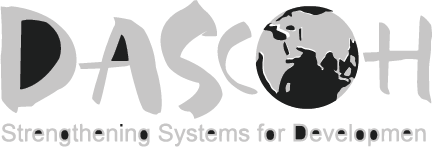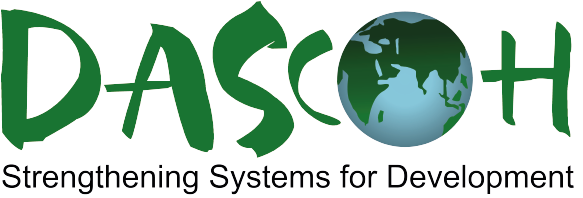
Human Rights
The constitution of Bangladesh established equal rights for women and men in "all spheres of the State and public life.” Although the past four decades have seen increased political empowerment of women, better job prospects, increased opportunities of education but despite the new laws to advance child and women rights, child marriage and gender-based violence remain unabated in Bangladesh. Cases of violence against women are high, especially rape, acid attack, and trafficking. Around 400 women and children fall victim to trafficking each month in Bangladesh. Most of them are between 12 and 16 and are forced to work in the commercial sex industry. Mahila Parishad report noted about 942 women were raped in the year 2018 and 731 were raped during the first 6 months of the year 2019. In the year 2018 the total number of cases on violence against women was 3,918, but halfway in 2019 it stood at 2,083. Among the 1.6 million ethnic minority population of Bangladesh one-third are residents in the north-western Rajshahi Division. These ethnic minority communities, especially women and girls, face multiple forms of discrimination due to their gender, indigenous identity, and socio-economic status.




